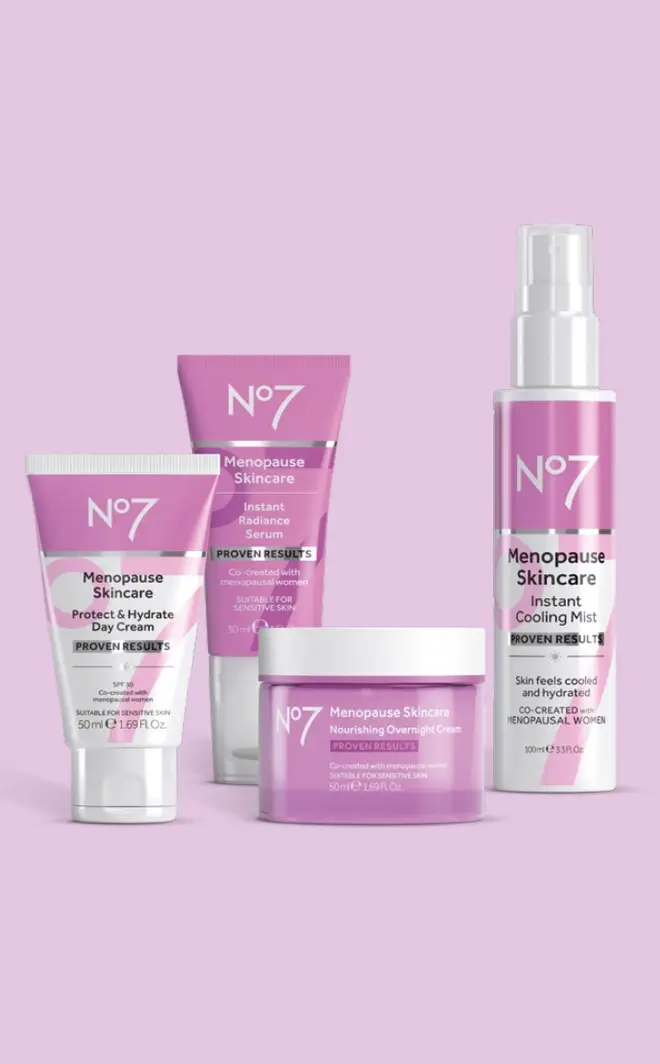On Air Now
Heart's Club Classics with Toby Anstis 7pm - 11pm
25 October 2022, 09:14 | Updated: 8 November 2022, 08:43
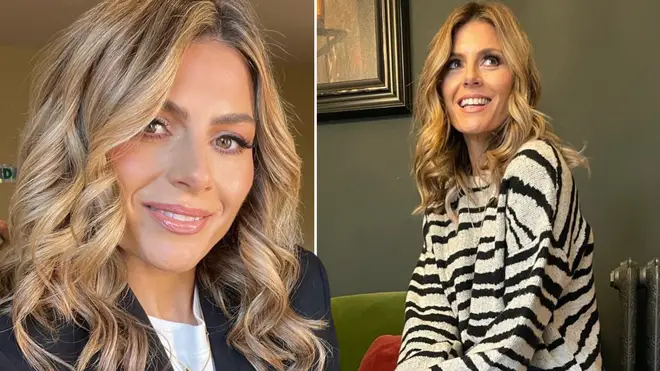
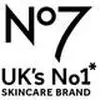 Promoted by Boots No7 Beauty & Skincare
Promoted by Boots No7 Beauty & Skincare
Zoe Hardman tells us how being diagnosed with early menopause at the age of 37-years-old left her at an all-time low, and how seeking the right help has left her feeling better than ever.
Zoe Hardman, 39, experienced one the hardest times in her life towards the end of 2019 when she started to experience headaches, night sweats, brain fogs and severe low points.
It wasn't until March 2020, just before the nation was plunged into lockdown, that Zoe was diagnosed with early menopause and the symptoms she had been experiencing started to make sense.
Now, having found the right treatment for her, Zoe wants to help break the stigma about menopause and early menopause and talk openly about the effects it had on her physical and mental health.
We sat down with Zoe to talk about her journey, and how she has ended up feeling better than ever after coming through the other side.
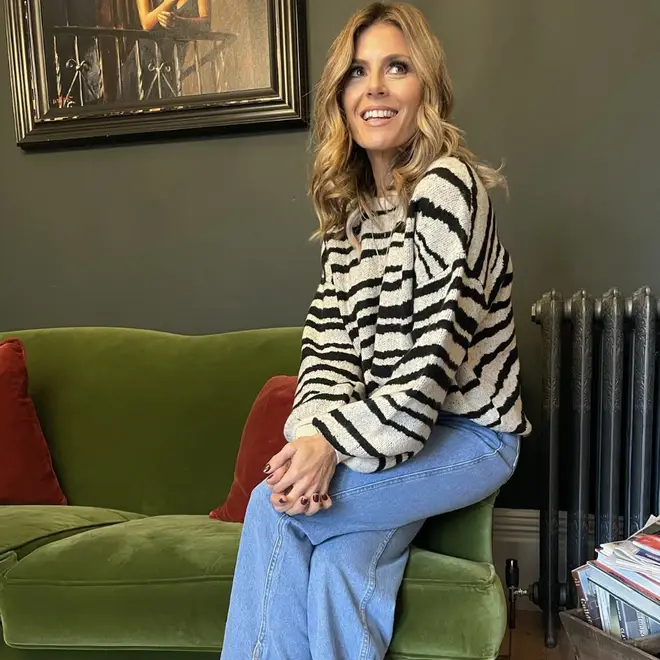
Tell us about your experience with menopause.
I guess the first thing to say was that it wasn't great, anybody who goes through menopause as young as I was, 37, it hits you like a steam train. In my circumstance it was a hereditary condition so I knew it was going to be happening at some point, but the symptoms came thick and fast after I had Kit, it was about 18 months after Kit was born. Around August 2019 I was experiencing headaches, night sweats, fogs. I could barely drive a car without being very confused. I was suffering from really bad lows, I was crying a lot, having mood swings, a feeling of constant fear and anxiety around it.
It was by March 2020, just as we were going into lockdown, that I had my third blood tests and they confirmed that I was going into menopause. I was put onto HRT which was a bit of a lifesaver, in fact within three or four weeks I was feeling like myself again. But, as any woman will tell you, it's a very frightening experience. It's been a massive journey, I really had to dig deep and figure out who I was again, and I guess learn to live with it.
I'm on the most amazing medication now, I've had the Mirena Coil fitted for my progesterone and I have Estradot 100 which are my oestrogen patches which I have to change every three to four days. I just feel like a new and improved version of myself.
How did you feel when you first received the menopause diagnosis?
The overall feeling was fear and I was very concerned about my lows, I cried daily, my marriage was taking a bit of a hit as well, it was all just a lot. I was scared about what the future held, I was worried that it was going to change me as a person, I was worried about not being able to present live radio because of the brain fog. And the more women that I speak to, these are the overwhelming emotions, fear and anxiety.
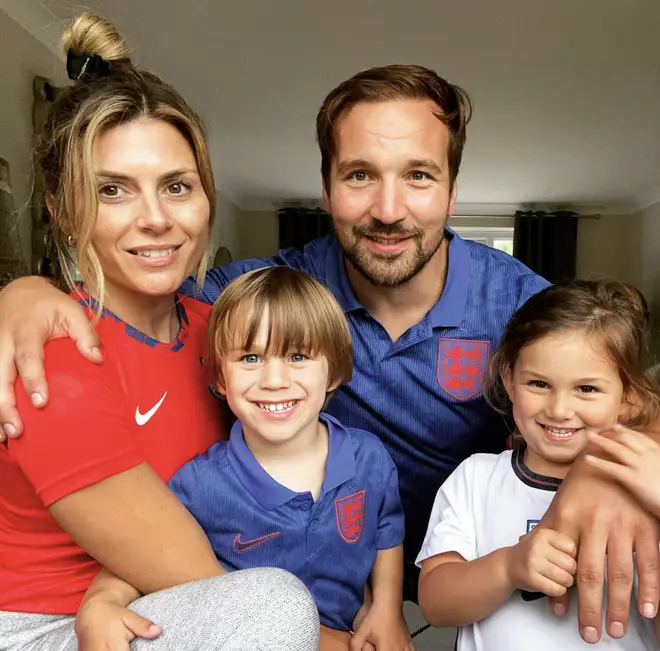
How did the diagnosis effect you physically and mentally?
On one side of the coin I was relieved because at certain points I thought I was going mad, I actually thought I needed to go for brain scans because I was worried about what was going on inside my mind. On the other side of the coin, I felt sad because I felt like a part of me was dying, and that was a big chapter of my life that was going to be over.
But looking back, in hindsight, a big part of me hasn't died, it's just a new phase in my life and I feel the best I've ever felt now because I've got the right help.
What has been your biggest struggle?
I think the biggest thing for me was the physical effects on my body. I was such an active person, I had so much energy and everything took a hit. I was very lethargic, my body was aching, my hair was falling out. My hair loss has been so sad, that's been a really big moment in my life to accept that I have lost so much hair, and that's not coming back anytime soon. That's been devastating for me.
What do you want people to know about menopause that they might not?
This is a really big one for me, because lots of women have fear taking hormone replacement therapy, HRT. We were told there was a link to breast cancer, and actually that is not true. Women should not live without oestrogen in their body, so if you can take HRT, I would highly recommend doing it.
I think women think they just need to sweat in a corner and get on with it, but there are some really amazing options out there. I would say to the women reading this article, I really don't want you to suffer in silence, speak to the people around you, speak to your partner, speak to your best friend, speak to your parents, whoever it is. Go and see your GP, keep knocking on the door.
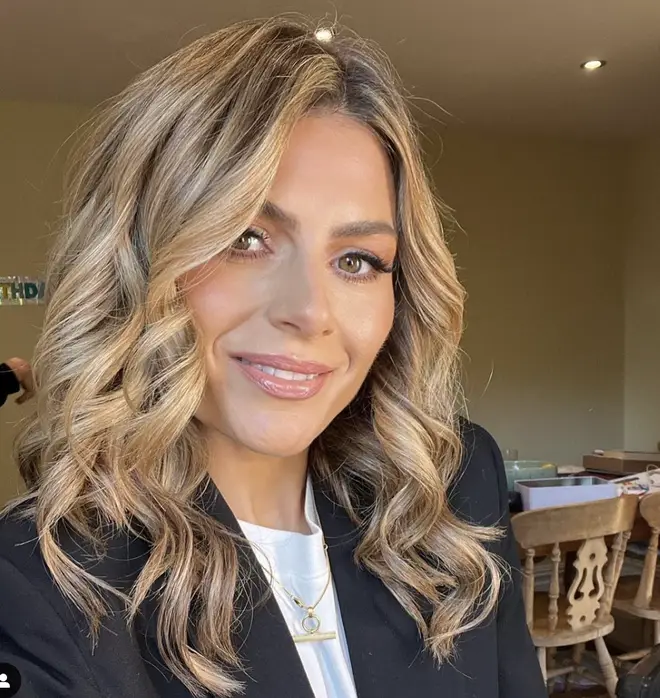
How has the diagnosis changed your outlook on life?
I don't think it changed my outlook on life, but it did make me appreciate my body a bit more. I was a lot kinder to my body after the diagnosis, I just go a lot easier on myself now.
I'm such a perfectionist, and I always have to be very driven, very ambitious, exercising hard, playing hard, parenting hard. Now I'm just a bit easier on myself. If I'm tired at the end of the day, I just fall asleep, I don't try and do 100 tasks around the house. It's calmed me down a bit.
No7 UK's No1 Skincare Brand*
The New No7 menopause skincare range is expertly designed to target the visual signs** of reduced oestrogen and collagen and is now available at Boots.
Shop the range here.
*Source: Kantar UK Total Market | 52 w/e 10th July 2022 | Boots No.7 Value Share of Mass Female/Unisex Skincare. Email ukgb@boots.co.uk to verify
**Visual skin signs that the collective range targets: dull skin, dry skin, lack of firmness.
